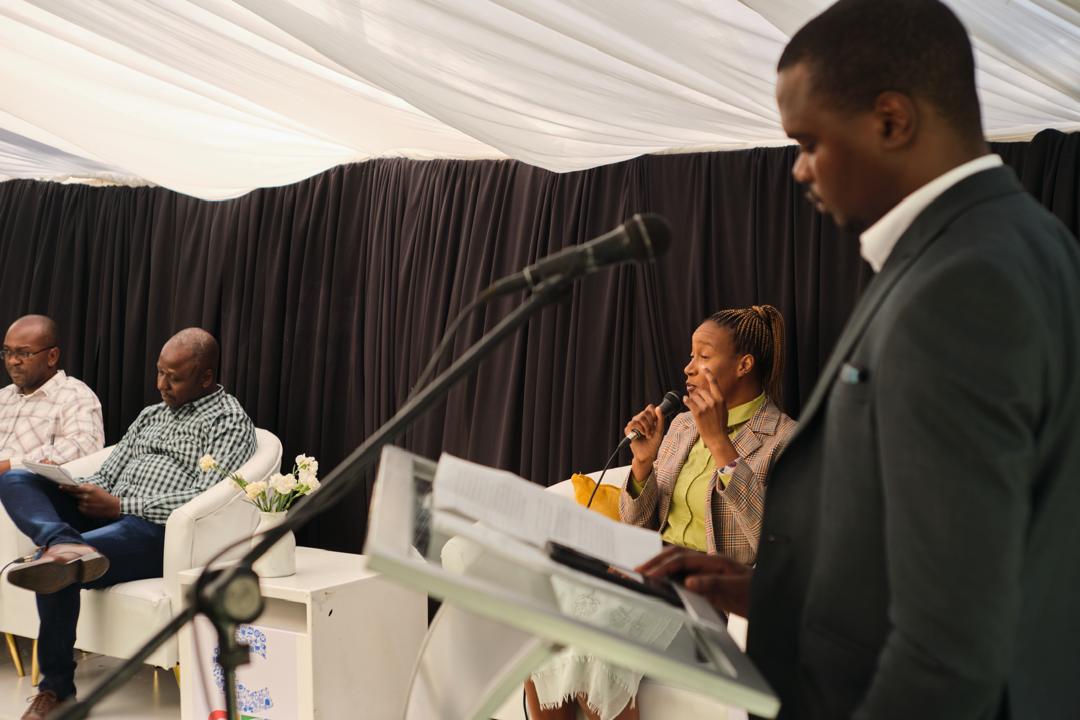By Ndumiso Tshuma
Zimbabwean journalists have utilised the World Press Freedom Day (WPFD) to reflect on the challenges they face, highlighting that accessing critical information from government entities remains a significant hurdle.
This year’s theme is “A Press for the Planet: Journalism in the Face of the Environmental Crisis”.
Speaking at the WPFD commemorations organised by the Centre for Innovation and Technology (CITEZW) in partnership with the Information for Development Trust and the US Embassy, journalists said that they still encounter numerous obstacles while conducting their work.
CITE Senior Reporter Lulu Brenda Harris stated that some government officials and entities still refuse to grant interviews to journalists working for private media houses. She added that journalists from private media are often treated more harshly than their colleagues who work for state media.
IDT Director Tawanda Majoni, a seasoned journalist, mentioned that his organisation has been targeted for exposing corruption and environmental damage.
“We are not entirely free even at a slightly global level. We should take ownership as journalists and citizens of Zimbabwe to address what we are supposed to do. I have discussed numerous provisions within the law that are unconstitutional, but nobody is taking charge of that proactively. We need to organize and form structures together with civil society to confront the relevant authorities head-on so that we have the appropriate policies, and ultimately, the freedom we desire,” said Majoni.
Contributing to the discussion, Khumbulani Maphosa of the Matabeleland Institute of Human Rights (MIHR) said the media is a crucial partner in raising environmental issues and holding authorities accountable.
“The media is a critical partner in the promotion of human rights. As (environmental) activists, we need the media to cover the work that we do; otherwise, our work is useless and lacks impact. On the other hand, we also rely on the media to expose issues for us to advance our work. At times, when we fail to hold authorities accountable or when they do not respond to our requests, we turn to the media to request information on our behalf. This approach has been effective on several occasions, perhaps because authorities and various organizations want to avoid negative publicity. They often yield to media pressure and release information they would have otherwise denied us access to.”

